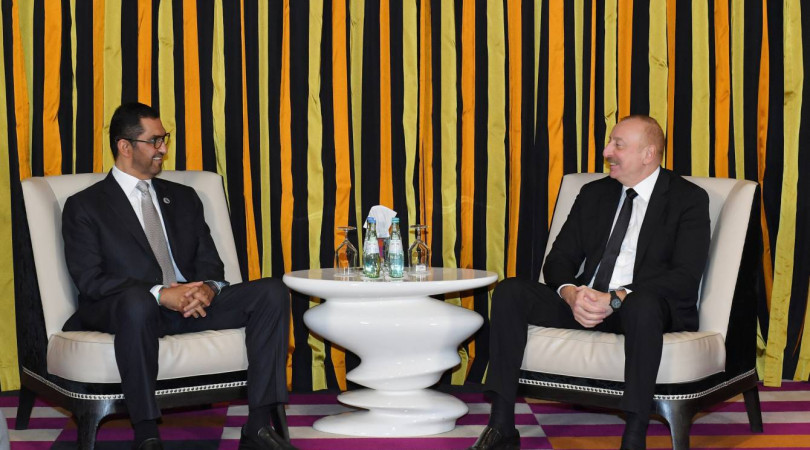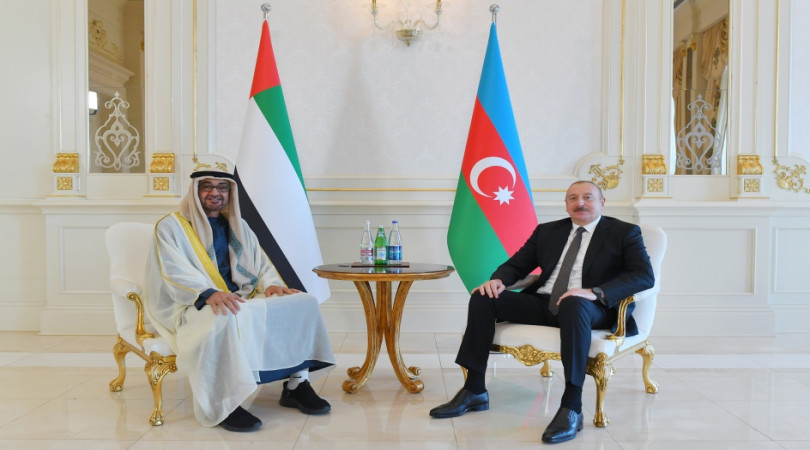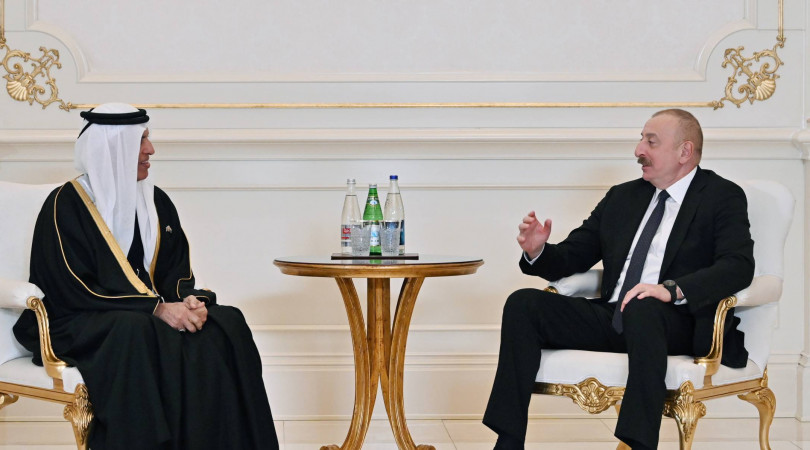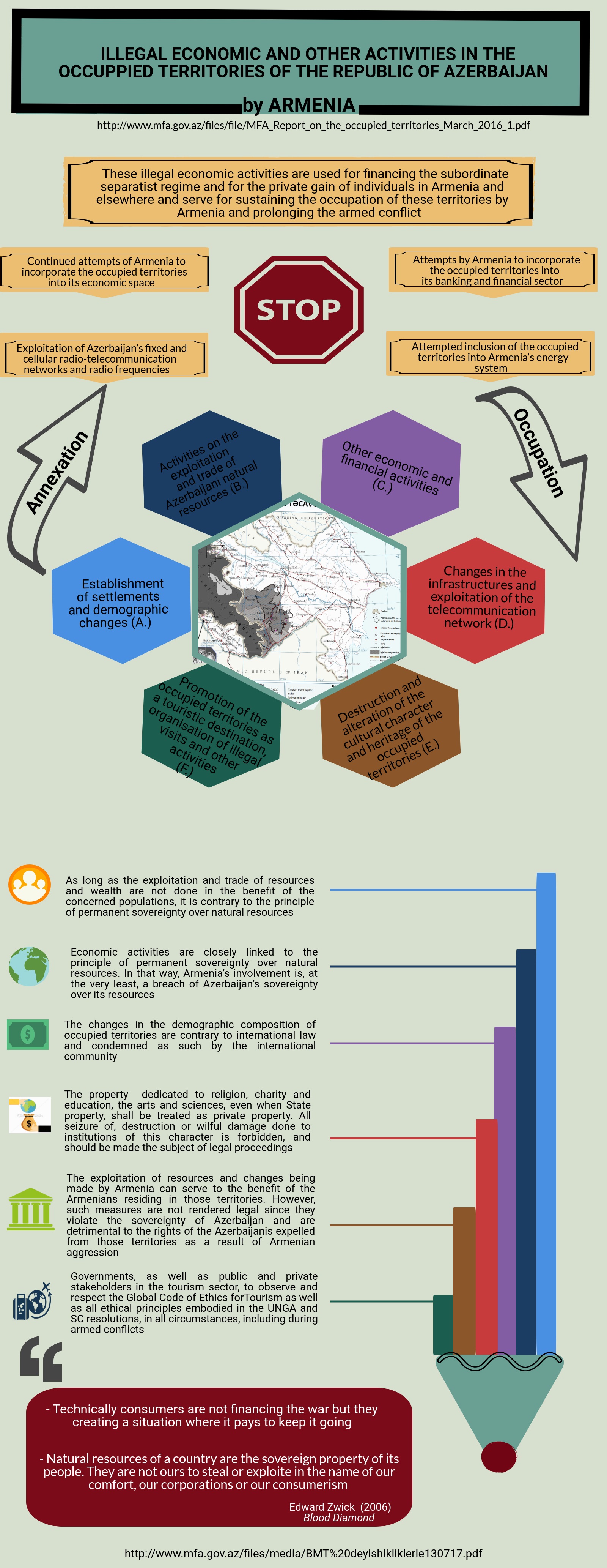Illegal economic and other activities in the occupied territories of the Republic of Azerbaijan
As it is known, the Republic of Armenia keeps 20% of the territories of the Republic of Azerbaijan under occupation for more than quarter of a century. Besides the demise of thousands of civilians Armenian aggression against Azerbaijan caused one million refugees and displaced persons, demolition of the historical and cultural monuments, mosques, serious harm to the nature. Despite the cease-fire reached in 1994 and till that time the sides continue negotiations for conflict resolution, Azerbaijani territories are still under occupation with Azerbaijani inhabitants removed from their lands, Armenia continues illegal economic activities exploiting the resources belonging to Azerbaijan.
International law in general and its relevant norms and principles in particular, together with the decisions and documents adopted by the international organizations within this framework, including, in the first place, UN Security Council resolutions 822 (1993), 853 (1993), 874 (1993) and 884 (1993), constitute the basis for the settlement of the conflict in and around the Nagorno-Karabakh region of the Republic of Azerbaijan and the removal of its consequences.
Against the background of the uninterrupted attempts of Armenia to cover up its unlawful actions and depart from its commitments and obligations by means of misinterpretation of the international legal norms and principles and the aforementioned UNSC resolutions, Azerbaijan has consistently promoted the critical importance of upholding international law and of its faithful application with a view to achieving a long-awaited breakthrough in resolving the conflict and ending the occupation of the territories of Azerbaijan and the suffering of the peoples affected by the Armenian aggression.
Over the years since the beginning of the conflict, Azerbaijan has actively encouraged discussions on the legal aspects of the conflict, including within the United Nations, and has brought to the attention of the international community numerous legal reports. In particular, the Republic of Azerbaijan submitted to UN the reports on the legal consequences of the armed aggression of the Republic of Armenia against the Republic of Azerbaijan. Furthermore, the Republic of Azerbaijan submitted to the UN a comprehensive report of the Ministry of Foreign Affairs on illegal economic and other activities in the occupied territories of Azerbaijan, which demonstrated, through facts, figures and statistical data, that Armenia’s policy and practices in the occupied territories of Azerbaijan were in breach of international law, undermined the prospects of achieving a political settlement of the conflict and posed an imminent threat to peace, security and stability in the region. The report also recalled the responsibility of the international community to ensure the strict compliance by Armenia with its international obligations. The legal opinion on third party obligations with respect to illegal economic and other activities in the occupied territories of Azerbaijan provides an authoritative neutral view, which contributes to a better understanding of the existing legal commitments and requirements for addressing the resolution of the conflict and related issues and offers concrete measures that might be taken in that regard.
According to the main findings of the legal opinion, Armenia and its affiliates in the occupied territories of Azerbaijan are responsible for internationally wrongful acts, several of which constitute serious breaches of obligations arising from peremptory norms of general international law. These include, most notably: (a) the use of force in order to impose the de facto secession of the Nagorno-Karabakh region and the other districts of Azerbaijan occupied by Armenia in violation of the Charter of the United Nations; (b) the ensuing violation of the sovereignty and territorial integrity of Azerbaijan; (c) the ethnic cleansing of the occupied territories of Azerbaijan, including the establishment of settlements and the transfer of populations resulting in the change of the demographic composition of those territories; (d) the gross violations of the law of belligerent occupation, in particular of article 43 of the Regulations respecting the Laws and Customs of War on Land of 1907 and article 49 of the Geneva Convention relative to the Protection of Civilian Persons in Time of War of 1949; (e) the exploitation of the natural resources of the occupied territories without consideration for the primacy of the interests of the population (as it existed before the ethnic cleansing of the region); and (f) the alteration of the cultural heritage of the region. The legal opinion makes it clear that the aforementioned serious breaches call for the application of the special consequences resulting from aggravated responsibility, namely: (a) the non-recognition of the situation created by such breaches; (b) the prohibition of aid or assistance in maintaining that situation; and (c) the exclusion of any immunities for the authors of these breaches. Another consequence of this aggravated responsibility is that all States are required to invoke the responsibility of Armenia and to take measures against it, including by means of sanctions, as well as criminal prosecutions and civil proceedings.
Following is the brief information about the illegal economic activity at the occupied territories of Azerbaijan. It should be warned, that UAE recognizes the territorial integrity of the Republic of Azerbaijan and has officially prohibited its citizens to attend the occupied territories of Azerbaijan.





.png)













